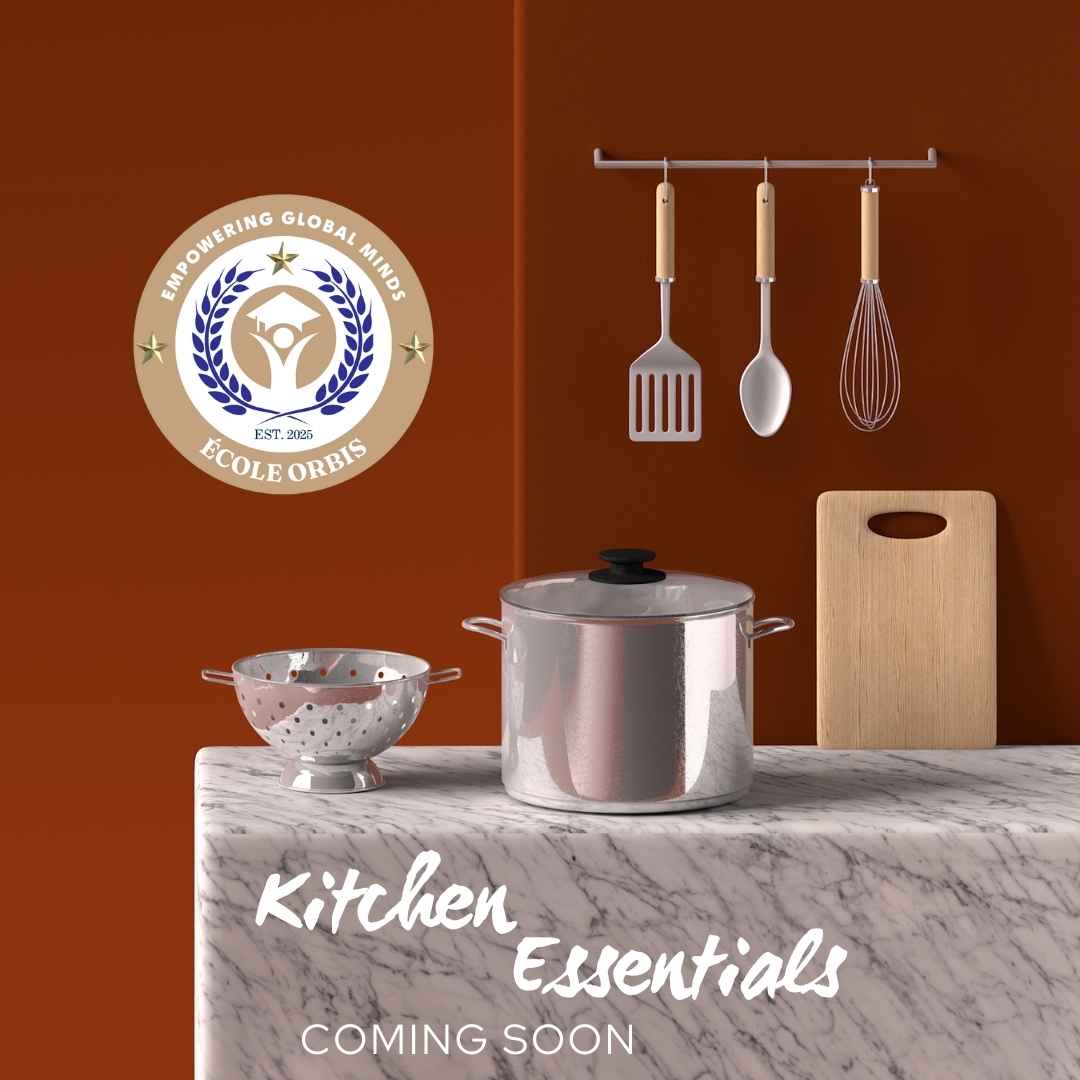Cooking is more than a necessity—it’s an art, a science, and a life skill that brings people together. Whether you’re just starting or looking to refine your skills, mastering essential techniques can elevate your cooking game and make your time in the kitchen enjoyable and efficient. Let’s dive into the foundational skills every aspiring chef should know.
1. Mastering Knife Skills
A good cook knows their knife is an extension of their hand.
- Learn to Chop, Dice, and Julienne: These basic cuts not only make your dishes look professional but also ensure even cooking.
- Keep It Sharp: A dull knife is dangerous and inefficient. Invest in a quality sharpening tool or take it to a professional.
- Safety First: Always keep your fingers tucked and use a stable cutting board.
Pro Tip: Practice slicing vegetables like carrots and onions to build confidence and speed.
2. Understanding Basic Cooking Techniques
Knowing how to apply heat to food is a cornerstone of cooking. Start with these methods:
- Sautéing: Cooking food quickly in a small amount of oil over medium to high heat.
- Boiling and Simmering: Perfect for pasta, soups, and stews.
- Roasting and Baking: Great for vegetables, meats, and desserts.
- Grilling: Adds a smoky flavor and crispy texture to food.
Pro Tip: Experiment with each technique to understand how it changes the flavor and texture of ingredients.
3. Balancing Flavors
Great cooking is about balancing the five basic tastes: sweet, sour, salty, bitter, and umami.
- Taste As You Go: Adjust flavors gradually to avoid overpowering your dish.
- Seasoning Matters: Salt enhances flavors, while acids like lemon juice or vinegar brighten them.
- Experiment with Herbs and Spices: Fresh herbs like basil and parsley add vibrancy, while spices like cumin and paprika bring depth.
Pro Tip: Start with a small pinch of seasoning and build up as needed.
4. Perfecting Cooking Times
Overcooked or undercooked food can ruin a dish.
- Invest in a Timer: Track cooking times for precision.
- Learn Visual Cues: For example, pasta is al dente when it’s firm to the bite, and meats should be browned but not dry.
- Use a Meat Thermometer: For proteins, this tool ensures perfect doneness without guesswork.
5. Organization is Key
Professional chefs follow the principle of mise en place—everything in its place.
- Prep Ingredients Before Cooking: Chop vegetables, measure spices, and gather tools.
- Clean as You Go: Keep your workspace tidy to avoid clutter and confusion.
- Use Proper Storage: Store leftovers in airtight containers to maintain freshness.
6. Embracing Creativity
Cooking is as much about imagination as it is about techniques.
- Experiment with Ingredients: Try new vegetables, grains, or spices to broaden your palate.
- Modify Recipes: Adjust dishes to suit your taste or dietary preferences.
- Plate Like a Pro: Garnish with fresh herbs or a drizzle of sauce to elevate presentation.
7. Learn the Basics of Nutrition
A good chef knows that cooking is also about nourishing the body.
- Focus on Balance: Include proteins, healthy fats, and carbs in every meal.
- Fresh is Best: Choose seasonal, whole ingredients for maximum flavor and nutrition.
- Stay Hydrated: Cooking involves heat—always have water on hand to stay refreshed.
Conclusion
Cooking is a journey, not a destination. By mastering these essential skills, you can build a strong foundation to create dishes that impress and inspire. Remember, practice makes perfect, and every mistake is a lesson in disguise.
So, grab your apron, pick a recipe, and let your culinary adventure begin!
What’s Your Favorite Kitchen Tip?
Share it in the comments below and inspire fellow cooking enthusiasts. Let’s create a community of aspiring chefs together!

